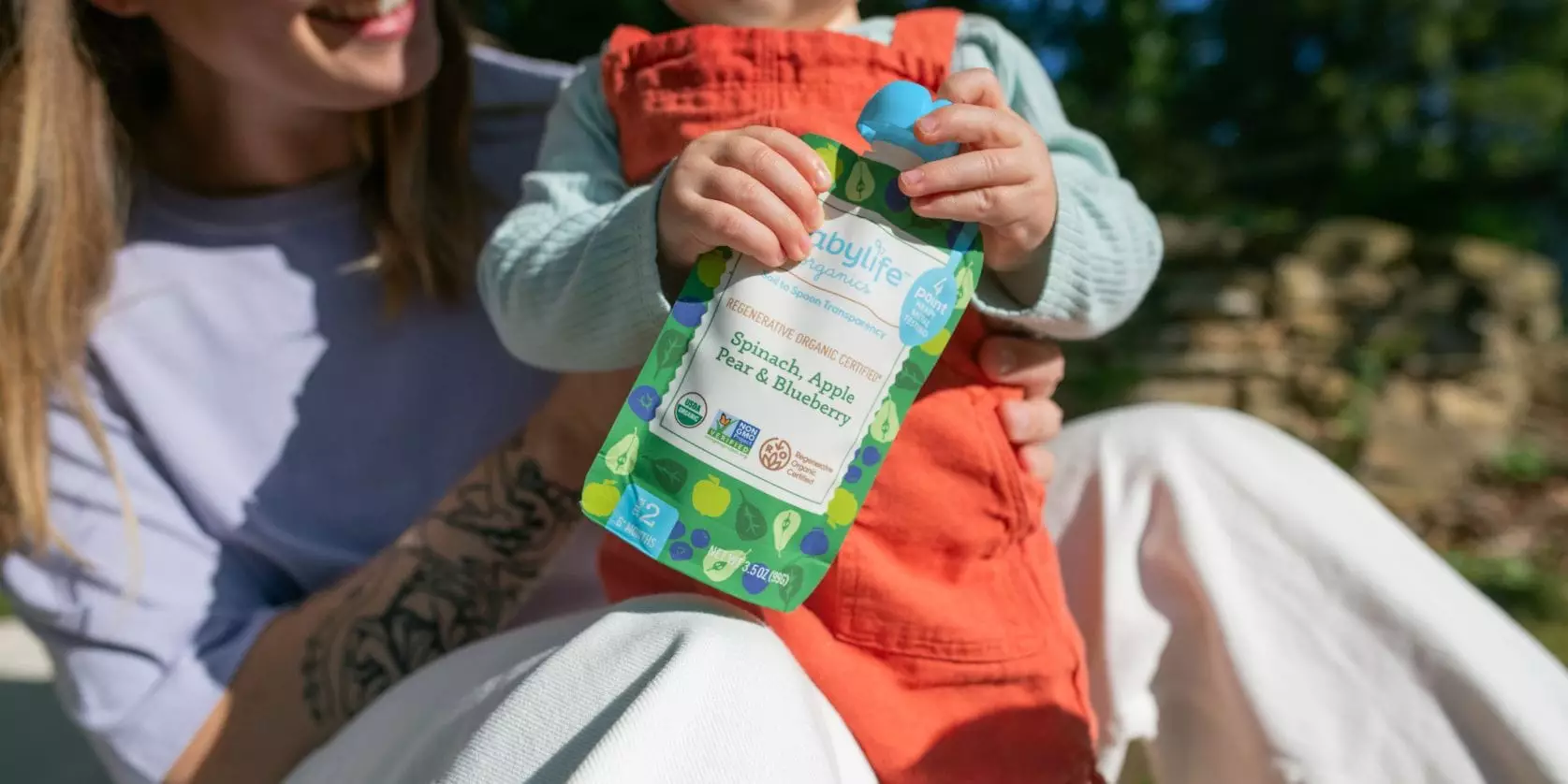As parents, the health and safety of our children often take precedence over all other concerns. However, recent revelations about heavy metals contaminating baby food have sparked a deep sense of apprehension. Many parents are left questioning the integrity and safety of the food they provide to their infants, leading to a growing demand for transparency and accountability from baby food manufacturers. In the face of these challenges, a groundbreaking company named Babylife Organics has emerged, striving to set a new benchmark in the industry by championing safety through rigorous testing and complete transparency.
The alarming presence of toxic heavy metals such as lead, arsenic, cadmium, and mercury in baby food is not merely a matter of concern but a pressing health issue. These substances are recognized for their role in neurological impairments and other severe health complications in developing children. The fact that both conventional and organic options are susceptible to this contamination only adds to parents’ frustrations. Heavy metals can seep into crops through polluted soil and water, making it nearly impossible for producers to shield their products from potential harm without a reliable system for regular testing.
Heavy metals are naturally occurring in the environment; however, their prevalence can differ significantly based on geographic and agricultural practices. Richard Harford, the CEO of Babylife Organics, emphasizes that while these metals are a natural part of the earth’s ecosystem, the true danger emerges from specific contaminated areas where agricultural activities have contributed to the problem. In contrast, Babylife Organics ensures that its produce is sourced from regenerative organic farms in Türkiye (Turkey), which are known for their clean agricultural practices and minimal pollution.
The journey towards safer baby food begins with soil health. Unlike conventional baby food brands, Babylife Organics employs a fortified four-point heavy metal testing strategy at each phase of its production chain. This meticulous approach—covering soil, raw ingredients, prepared blends, and final products—ensures that any contaminants can be identified and mitigated well before the food reaches the consumer. It’s a strategy that not only enhances safety but also promotes accountability across the entire supply chain.
Harford explains, “The beauty of our testing process is that by examining the soil yearly, we can provide early insights, allowing us to take corrective actions before any food is produced.” This proactive surveillance is crucial for a safe baby food supply, particularly in an industry that operates without stringent federal testing standards for heavy metals. Consequently, Babylife’s commitment to 4-point testing could redefine industry norms, urging manufacturers to adopt similar rigorous protocols.
One of the disheartening aspects of the current landscape is the lack of federal regulations governing heavy metal limits in baby food. Recognizing this gap, Babylife Organics looked beyond U.S. standards and adopted stricter international benchmarks, including the European Union Food Safety Policy. This ensures that all its products meet or exceed safety thresholds more rigorous than what is mandated by the FDA.
This pursuit of excellence is rooted in a core mission: to protect children from harmful exposure and to drive industry change through higher standards. Harford envisions a collective movement among baby food brands, aspiring for a unified effort in advocating and implementing effective tracking and testing measures.
In a further demonstration of commitment to consumer safety, Babylife Organics incorporates technological innovation in its product design. Each product features a unique QR code, allowing parents to access heavy metal testing results for the specific batch purchased. Consumers can readily obtain detailed reports beyond mere pass/fail results, giving them essential insights into the safety of their baby’s food.
This level of transparency empowers parents, fostering a greater sense of trust—a crucial element in today’s market where skepticism abounds. Harford hopes that this initiative sets a precedent for other brands, urging them to adopt similar practices that prioritize consumer health and safety.
As Babylife Organics launches its line of baby food, parents can finally have confidence in the integrity of what they are feeding their children. This brand’s whole-food based jars and pouches, which are USDA Organic certified, reflect an unwavering dedication to eliminating harmful additives, including preservatives.
By putting the health of families first and opening the lines of communication about food safety, Babylife Organics not only addresses a critical market need but also paves the way for transformative change in the baby food industry. As we continue to challenge existing norms, the hope is for safer, healthier partnerships between manufacturers and consumers aimed at protecting our youngest generation.

